In the framework of COP16, an event held at the Casa Humboldt in Cali brought together experts and biodiversity advocates to discuss a complex issue: the impact of the armed conflict on Colombia's nature.
Conforme a los criterios de

(Lea esta historia en español, aquí)
Organised by the Special Jurisdiction for Peace (JEP), the discussion "Nature as Victim: Perspectives of Restorative Transitional Justice" opened a dialogue on the violation of the rights of ecosystems and, in particular, the degradation of bird habitats in the regions most affected by the war.
"It is fundamental to recognise that peace cannot be built only between human beings, but that we must also make peace with the different beings of nature," said Magistrate José Miller Hormiga, Vice-President Elect of the JEP, in his speech during the event.
His argument showed a broad view of the impact of conflicts on birds, some of which depend on ecosystems that have been devastated by human activities and armed confrontations.
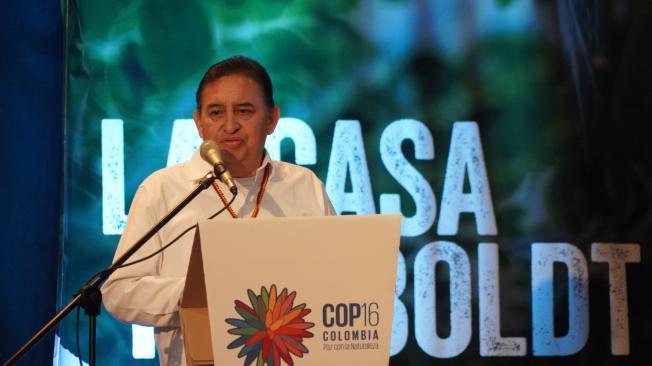
Magistrate José Miller Hormiga
Foto:Juan David Cuevas / EL TIEMPO
Bird sanctuaries and conflict zones
Colombia is the world leader in bird diversity, with more than 1,900 recorded species, including 82 endemic and 158 migratory species that find the refuges they need to survive in Colombian ecosystems. However, the departments with the richest avifauna, such as Cauca, Nariño and Antioquia, are also the ones most affected by the armed conflict.
These biodiversity-rich areas have been the scene of displacements, confrontations and illegal activities that endanger not only human communities, but also the species that depend on these ecosystems.
According to the Humboldt Institute, Cauca is home to 1,409 bird species, followed by Nariño with 1,384 and Antioquia with 1,125. However, the Ombudsman's Office reports that the same departments have registered several cases of displacement and massive confinement.

Birds are part of the rich biodiversity of the Valle del Cauca.
Foto:Santiago Saldarriaga / EL TIEMPO
Between January and May this year alone, nine forced evictions were recorded in Cauca and seventeen in Nariño. This situation affects not only local communities, but also wildlife.
"The change in social dynamics has changed land use, which affects birds in different ways; some species have benefited, while others have been harmed," explained Gustavo Bravo Mora, curator of the Humboldt Institute's Bird and Egg Collection.
Bravo explained that many of Colombia's bird species are highly specialised in their habitats and depend on dead trees and wetlands, which are being destroyed by deforestation and the expansion of human activities. "With deforestation, birds lose safe places to breed, such as trees with cavities where they nest," Bravo said.
According to JEP judge Nadiezhda Henríquez Chacín, this loss is particularly severe in conflict zones, where violence and illegal activities increase pressure on ecosystems.
The impact on key ecosystems and the urgency of protecting them
In Sumapaz National Natural Park, a protected area that is home to the largest number of bird species in the country, with 919 recorded, the presence of armed groups and illegal activities such as drug trafficking are a constant threat. Other parks, such as Chingaza and Serranía de los Churumbelos, face similar risks. The Humboldt Institute warns that these areas are not only a refuge for birds, but also areas of great ecological and spiritual value for indigenous and Afro-descendant communities.
Judge Henríquez spoke of how the war has meant a constant violation of territorial rights: "What lies behind the war is the violation of rights and the lack of protection of territories. This situation has not been recognised until recently; the country has lived in a prolonged neglect of these spaces of life and diversity," said Henríquez.
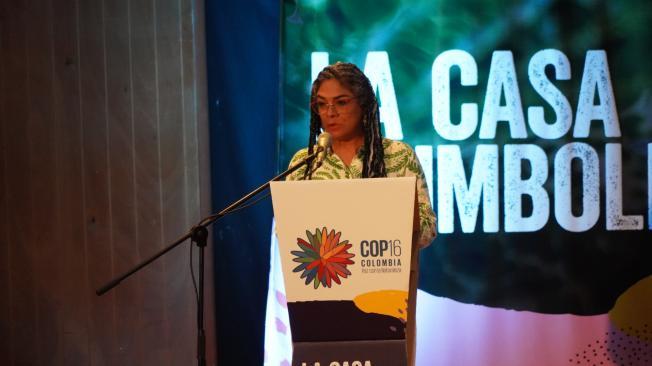
Nadiezhda Henríquez Chacín, magistrate of JEP
Foto:Juan David Camacho / EL TIEMPO
The panel also highlighted the importance of establishing real and effective care pathways for victims of displacement, which are still lacking in several areas of the country.
The challenge of ecotourism and conservation
Despite the negative impact of the war on biodiversity, some changes in land use have in some cases benefited conservation. Gustavo Bravo explained that the increase in birdwatching activities has created small local economies in areas that were inaccessible until recently due to the armed conflict.
In regions near Cali, communities that have managed to preserve the forest have found in ecotourism a sustainable form of livelihood that promotes a more respectful relationship with the environment.
"In some areas, the transition has encouraged bird tourism. Communities understand that conserving birds and their habitats can attract visitors, allowing them to earn income and protect the environment," says Bravo.
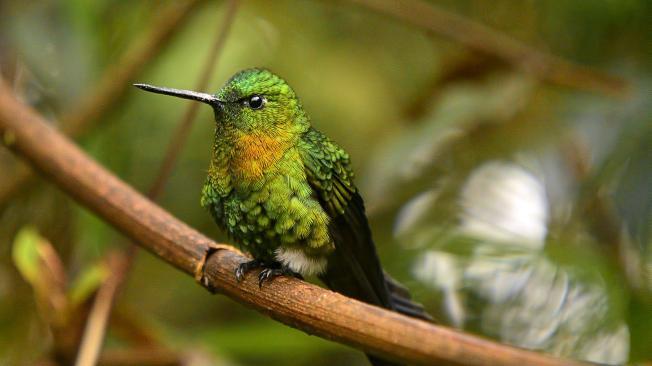
The birds fly freely through the Valle del Cauca sky.
Foto:Corporación Autónoma Regional del Valle del Cauca(CVC)
The dilemma of transitional justice for nature
The discussion highlighted that transitional justice in Colombia faces a crucial challenge: recognising that nature was a victim of the conflict and must be included in the processes of reparation and restoration. The vision of the JEP is to include the rights of ecosystems in the construction of peace.
According to Magistrate Hormiga, "life is holistic; there is a constant interdependence between beings, and any element that causes disharmony, such as violence or pollution, creates an imbalance that affects all beings, including birds".
For Bravo, the responsibility to protect this legacy of biodiversity and birds as unique as Colombia is clear. "Colombia is already recognised as a country of birds. This recognition undoubtedly brings with it an immense responsibility," concludes the curator of the Humboldt Institute.
This JEP initiative to include nature as a victim of conflict aims to set a precedent for environmental justice, where the rights of bird ecosystems are restored and protected.
DEYNER CAICEDO CAMACHO
Special Envoy of EL TIEMPO to Cali.
Editor's note: This text is an artificially intelligent English translation of the original Spanish version, which can be found here. Any comment, please write to berdav@eltiempo.com

.png) hace 2 meses
16
hace 2 meses
16


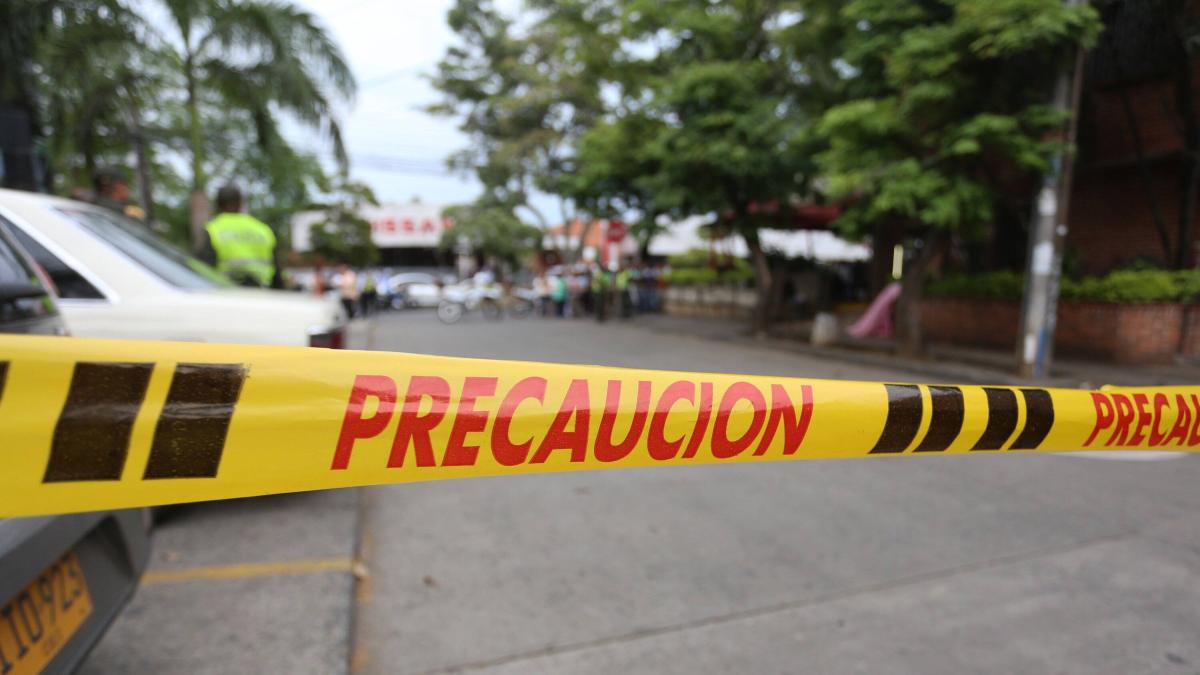


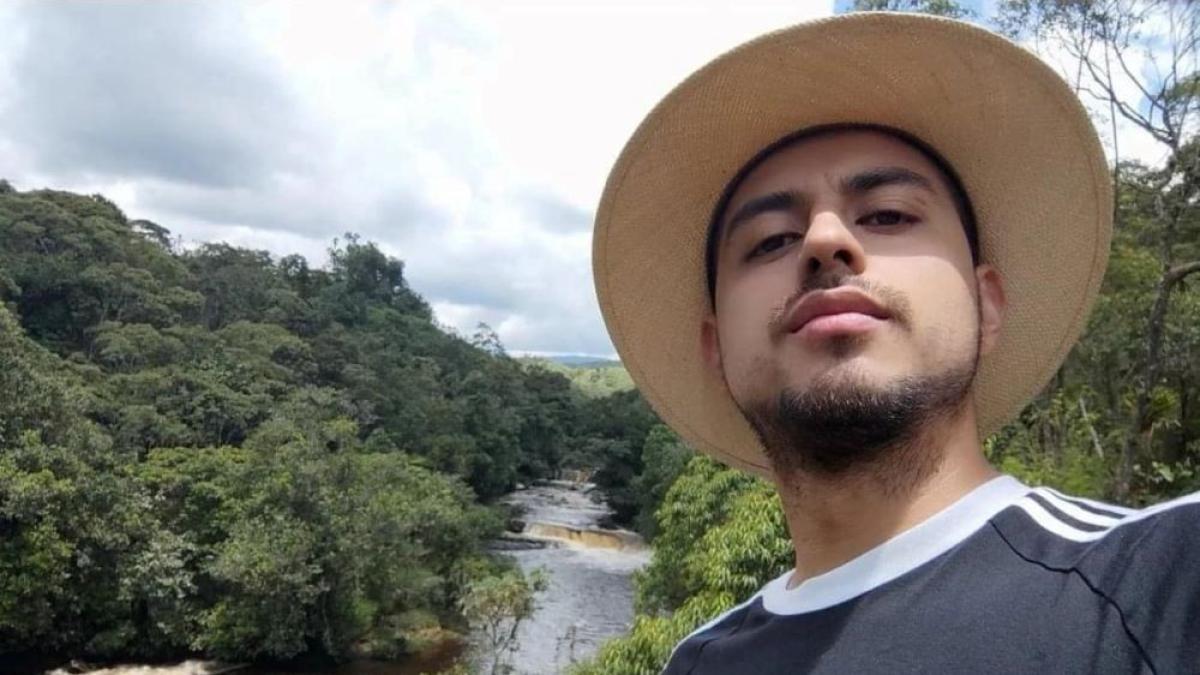
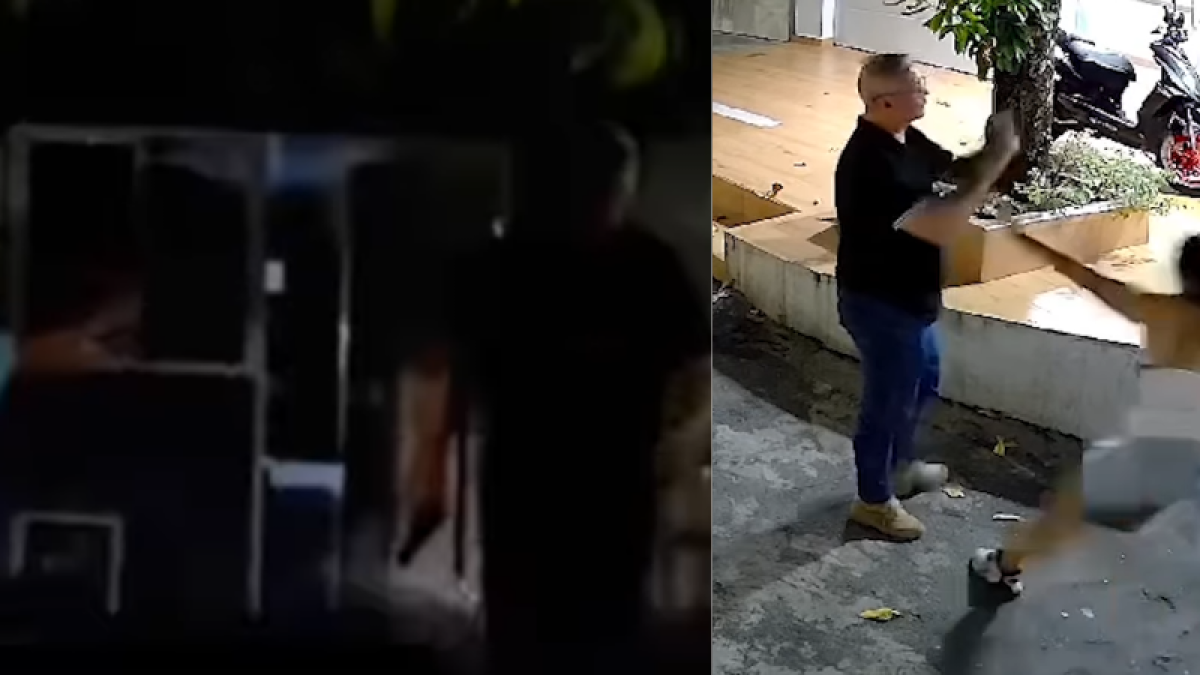
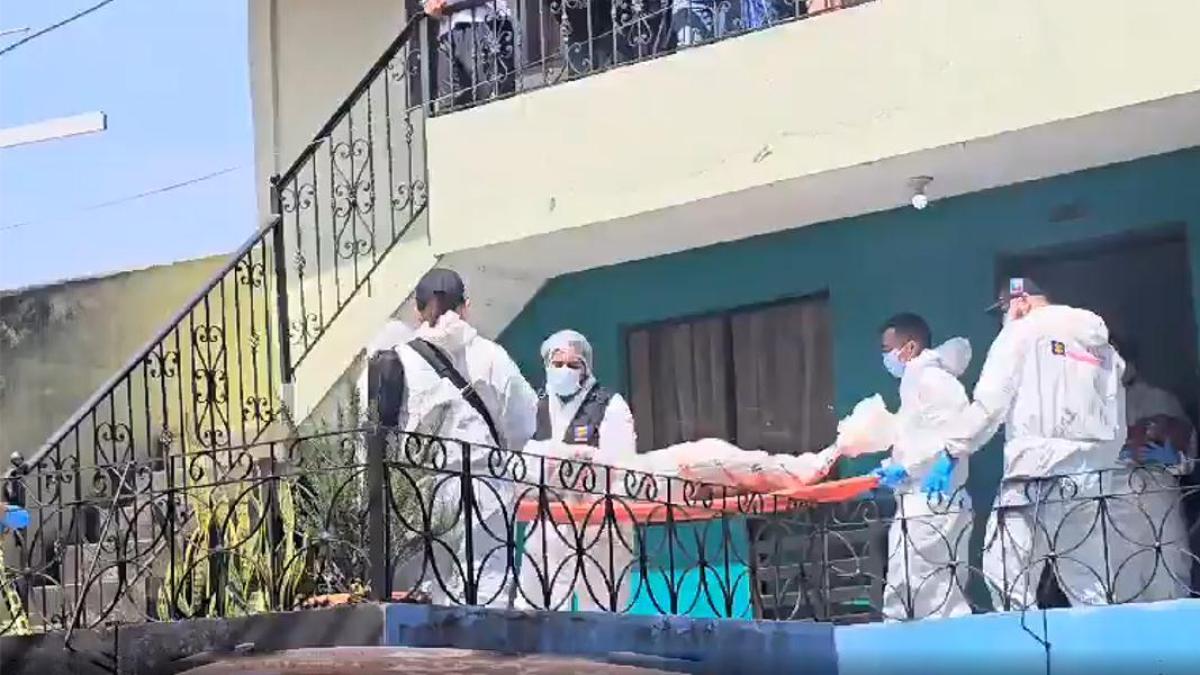
 English (US) ·
English (US) ·  Spanish (CO) ·
Spanish (CO) ·